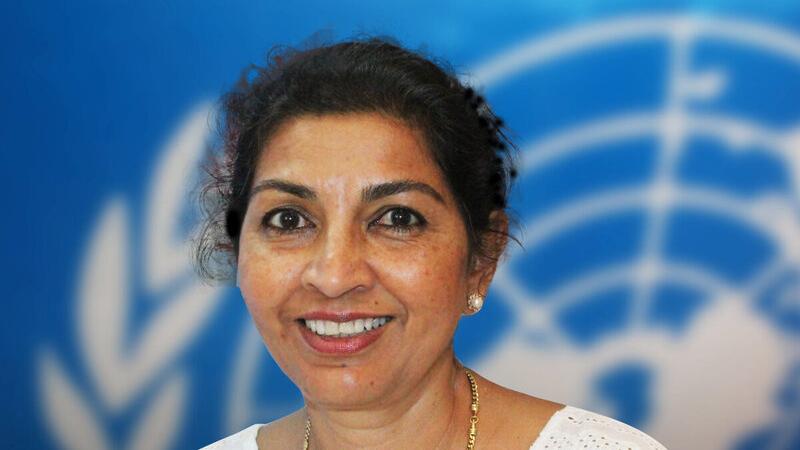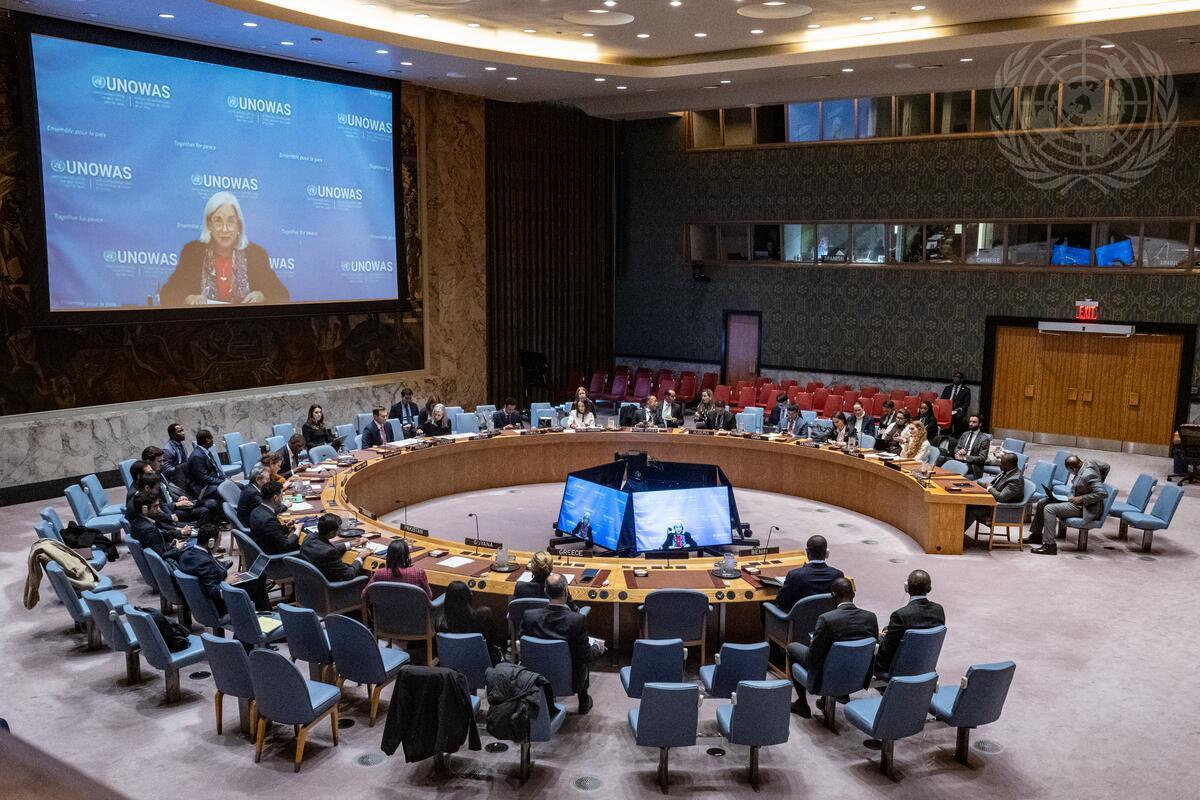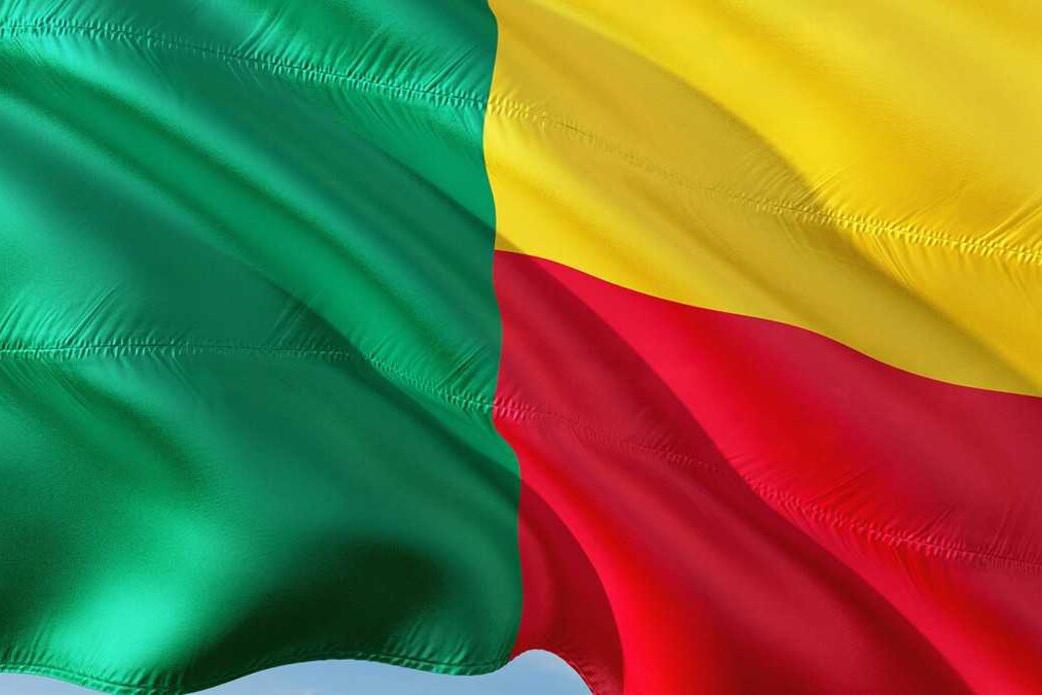After more than thirty years of good and loyal services during which she has occupied several positions, the Deputy Special Representative of the United Nations Secretary-General for West Africa and the Sahel (UNOWAS), Ms. Ruby Sandhu-Rojon, draws her reverence from the United Nations to enjoy a deserved retirement. Interview.
You are leaving the UN on retirement after serving more than three decades at various positions. What can you tell us about the UN?
I would like to recognize the contribution that the United Nations has made to development and peace globally. If we compare the situation 50 years ago to today, we see that there has been tremendous progress in terms of improving people’s lives. Girls are able to attend school - and certain illness - such as polio and guinea worm have been radically reduced or even eradicated in some countries. There has been development in the social, educational, health sectors. There is quite a lot to be done but this is certainly a good achievement. In the political sphere there have been advances in human rights, electoral rights and processes - again still a lot to be done but at least people have the opportunity and the space to speak out. We today recognize rape as a war crime - this is a result of the advocacy of the UN. We recognize that if we do not act on climate change, we will create hardships globally - again this is due to the advocacy of the United Nations. The UN has also created a forum where more than 191 countries can exchange discuss - they may not always agree - although they did agree to the MDGs and the SDGs - which says a lot. There are also instances in peace keeping that the UN contributed to - such as East Timor. Unfortunately, it’s the negative that one remembers and for me I remember how the UN has contributed and continues to improve people’s lives. If the United Nations didn’t exist, we would need to invent it.
If we compare the situation 50 years ago to today, we see that there has been tremendous progress in terms of improving people’s lives.
What are the key messages/advices you can share with the young generation, particularly women, working for the UN [and outside the UN]?
When I entered the UN more than 30 years ago there were no women Resident Coordinators - today we talk about parity in the number of women resident coordinators. I myself had the opportunity and privilege to serve as a UN Resident Coordinator in Ghana. There is a specific UN agency for the empowerment of women and girls. There are specific leadership trainings for women in middle management in the UN - which didn’t exist before. I had the privilege to work in the UNDP when there was a woman leading it for the first time. We had 7 women who competed for the role of the Secretary General of the United Nations. That said while there is progress - we still have a long way to go but this augurs well for young women in the UN system and i encourage them to continue to advocate and make noise for change. I do look forward to seeing a woman Secretary General in the future.
You are ending your UN carrier at the position of DSRSG for West Africa and the Sahel. What can you share with us about your experience as DSRSG serving in this region ?
The West Africa and Sahel region is a dynamic region; there is constantly change in the political, social, humanitarian sphere. We are responding to constant crisis, but we need to think about long term investment. We need to save lives, but we also need to need to support people in building their lives. For stability we need to address more than security - we need to address issues of health, education, social, population. It is a challenging region but is also a region with tremendous opportunity - especially in its youthful population.
At a personnel level, it must be very special to leave the UN after all these years. How do you feel? Any plans for your new life ?
It has been a privilege and an honor for me to serve the United Nations. As I bring my career to an end I leave with very rich experiences and memories of the achievements made by the United Nations. I was able to witness change and contribute to it in some small fashion and I am privileged to have been given that opportunity. We live today in a world that is confronted with many challenges that required a concerted response and yet there is resistance to a multilateral approach. My time in the UN confirms my belief that it is only through multilateralism that we will be able to find solutions for sustainable development.
This article is published in the UNOWAS Magazine N11 -> Download here






